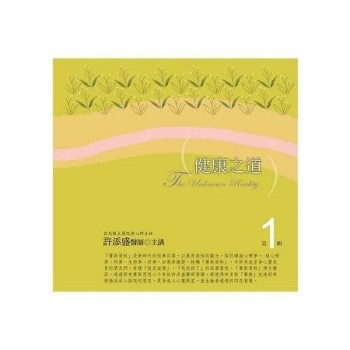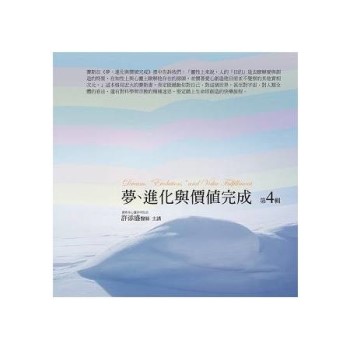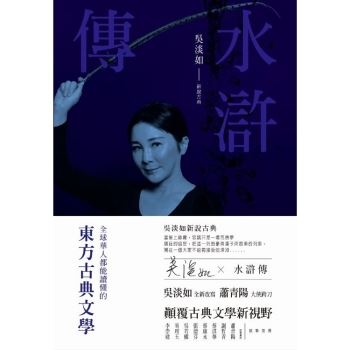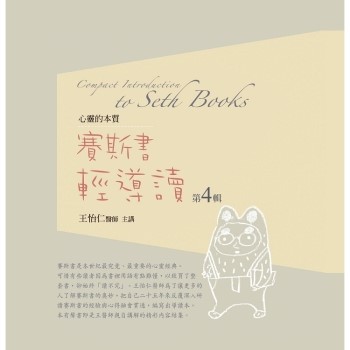| FindBook |
有 1 項符合
Compassionate Woman的圖書 |
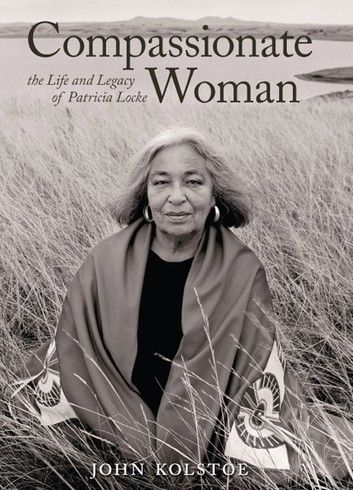 |
Compassionate Woman 作者:John Kolstoe 出版社:Bahai Publishing 出版日期:2012-06-21 語言:英文 |
| 圖書館借閱 |
| 國家圖書館 | 全國圖書書目資訊網 | 國立公共資訊圖書館 | 電子書服務平台 | MetaCat 跨館整合查詢 |
| 臺北市立圖書館 | 新北市立圖書館 | 基隆市公共圖書館 | 桃園市立圖書館 | 新竹縣公共圖書館 |
| 苗栗縣立圖書館 | 臺中市立圖書館 | 彰化縣公共圖書館 | 南投縣文化局 | 雲林縣公共圖書館 |
| 嘉義縣圖書館 | 臺南市立圖書館 | 高雄市立圖書館 | 屏東縣公共圖書館 | 宜蘭縣公共圖書館 |
| 花蓮縣文化局 | 臺東縣文化處 |
|
|
圖書介紹 - 資料來源:樂天KOBO 評分:
圖書名稱:Compassionate Woman
Compassionate Woman is the biography of a woman of Lakota and Chippewa heritage who was the winner of a MacArthur Foundation fellowship in 1991 for her work to save tribal languages that were becoming extinct throughout the United States. This fascinating biography of Patricia Locke, who was given the name Compassionate Woman, gives us a glimpse into the life of someone dedicated to restoring justice and helping those in need. Her life of service began in Anchorage, Alaska, when she founded a community center aimed at assisting Native Americans, Eskimos, and Aleuts—who had moved to the city from villages—to cope with some of the problems they encountered. She then went on to work for the Western Interstate Counsel for Higher Education, where she focused much of her energy on establishing colleges on reservations. She was particularly concerned with improving education for American Indians and worked hard toward advancing education on reservations so that Native American culture and language could be woven into the curriculum. She also spent many years as a freelance writer, instructor at various universities, and activist on behalf of the poor and oppressed. In addition to the MacArthur Fellowship, Locke was the first American Indian to serve as a senior officer on the National Spiritual Assembly of the Bahai's of the United States, and she was posthumously inducted into the National Women’s Hall of Fame.
|
